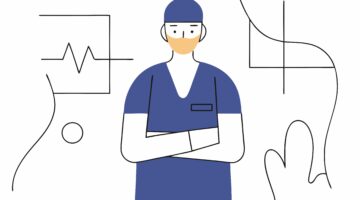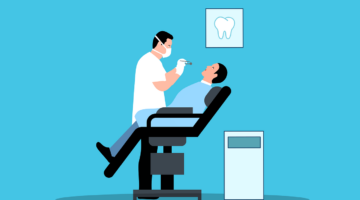As hospitals are financially incentivized to improve the patient experience or face reduced reimbursement over poor customer satisfaction scores, they have taken several approaches to the problem. It is frequently small gestures that make the most difference — extending visiting hours for patients, making it easier for visitors with questions to get assistance, or maps and apps that can help patients and their families find their way around the hospital to get to an appointment on time.
London-based group CreateHealth.io is hosting an online competition for early stage companies to address the issue as well in the run-up to its October healthcare conference. The company enjoys a dark sense of humor, if the graphic from their website is anything to go by.
It is looking for submissions in three categories: coordinated care, communication between medical staff and patients, and benefit navigation. Submissions will be judged by John Nosta who heads up marketing business Nostalab, Richie Etwaru — the group vice president at CegedimRM, Brian O’Connor, a chairman at the European Connected Health Alliance and Mike Rea, CEO of IDEA Pharma.
A winner will be selected August 25 and have the opportunity to pitch their business before a group of healthcare and life science executives at its healthcare conference October 24. Unfortunately they have to pay their own expenses to get there.
The challenge is one of a series listed on the company’s crowdsourcing platform that CreateHealth.io unveiled earlier this year in which healthcare and life sciences companies sponsor campaigns and offer financial rewards for what they consider to be the best ideas submitted by patients.
One of the benefits that it hopes will come out of it is to create a way for healthcare and life sciences professionals to have a more open dialogue with patients without the risk of violating U.S. Food and Drug Administration regulations. In addition to the patient experience competition, other challenges listed on the platform include, “How do we build trust and confidence in shared health data?” and “How could we improve care after brain tumor surgery?”










